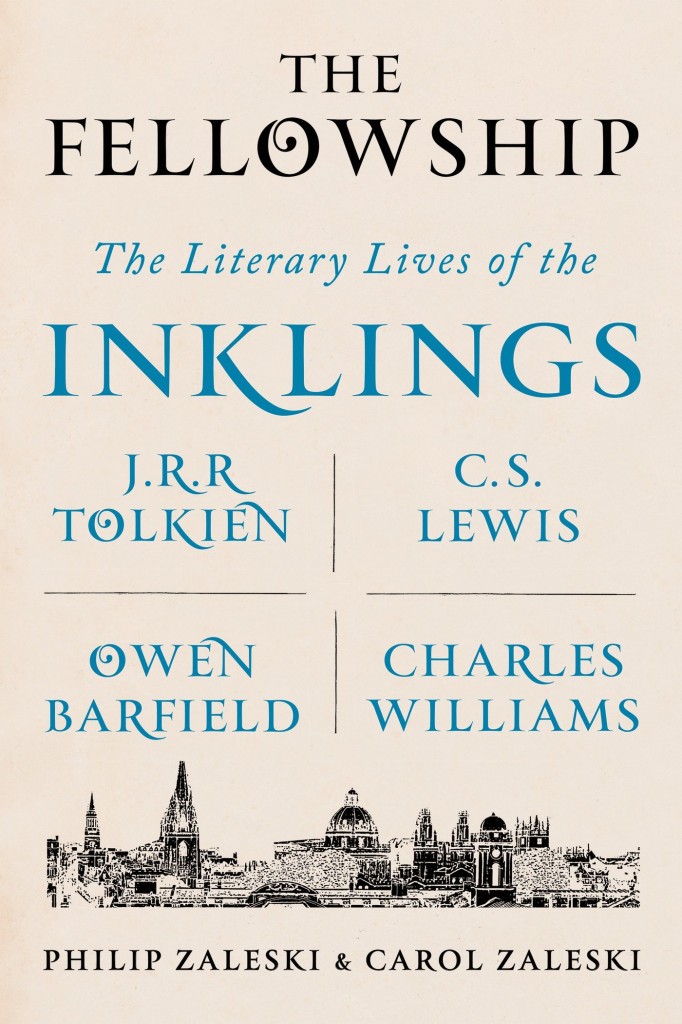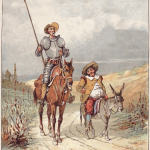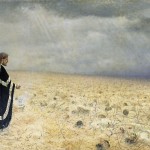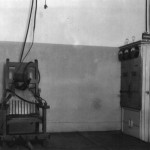
AR: I wrote my MA on Auden, so I remember that episode clearly now. It also reminds me of Virginia Harrison’s unique book on von Balthasar, The Apologetic Value of Human Holiness. How important was personal sanctity within the Inklings circle itself? If you may speculate a bit, what role, if any, did it play in gaining them a worldwide readership. In other words, was Auden’s experience exemplary or extraordinary?
CZ: There’s no doubt that every Inkling valued personal sanctity and did what he could to struggle toward it in his own life. There’s also no doubt that every Inkling – like the rest of us – experienced both success and failure in this struggle. What impressed us most was the fundamental decency of the Inklings, especially when compared to other famous literary and artistic coteries. No cause for canonization here, we think, but plenty of cause for admiration. As they grew older (though Charles Williams’s life was sadly cut short), they also matured spiritually and learned to recognize and combat temptation. Striving for holiness, even at great personal cost, is a major theme in their writings; one finds it, for example, in Tolkien’s The Lord of the Rings, Lewis’s Space Trilogy, and many of Williams’s thrillers; and in their letters one can see them grappling with this theme directly. As to whether it played a part in gaining them a worldwide readership, certainly readers are drawn to books that address, with skill and insight, moral and spiritual themes. It’s important to bear in mind, though, that history abounds in bad people who produced great art, and good people who are artistically inept.
AR: You spoke of the “new literary music rooted in tradition” the Inklings brought into the world. I’d like to explore that in more detail. What would you judge to be their most important symphonic contributions to literature and theology? Whose contribution do you judge as the most original solo?
PZ: The new literary music of the Inklings blends faith and Faerie, Romanticism and reason. It carries on “the horns of Elfland” theme that runs through the English literary tradition from the Anglo-Saxon bards to the Victorian fantasists; it retrieves this imaginative tradition without succumbing to the merely fey, and offers it to the cruelest of centuries as a source of meaning and consolation. Like Snorri Sturluson and the Beowulf poet, the Inklings integrated Christian faith and pagan beauty. Like Wilfred Owen and Siegfried Sassoon, they were war writers; but their writing is suffused with Christian hope – a peculiar kind of hope compatible with a great deal of suffering and loss here below.
Who was most original? We are hard-pressed to choose. Tolkien is certainly the most original when it comes to mythopoeia; no one before him, and no one since, has come close to creating single-handedly a “secondary world” complete with evolving languages, genealogies, histories, cartographies, and legends; a secondary world that serves not only to enchant readers of all ages and worldviews, but also to embody the praeparatio evangelica that Tolkien took to be the fundamental characteristic of the fully realized fairy tale. C. S. Lewis had different gifts. He was a far better guide than Tolkien to the whole English literary tradition and its religious underpinnings. Though his mythopoeia was less developed than Tolkien’s, his speculative and religious works were graced with a scintillating clarity and a profound understanding of moral psychology. He was not a theologian and did not prize originality in that sphere, but he was the twentieth century’s most successful expositor of the Christian faith, and in particular its theological anthropology. As you’ve noted, he is over-exposed and quoted to death, but if one sets aside his most popular works for the moment, in favor of essays like “Transposition” and “The Weight of Glory,” one can see where his genius lies.












